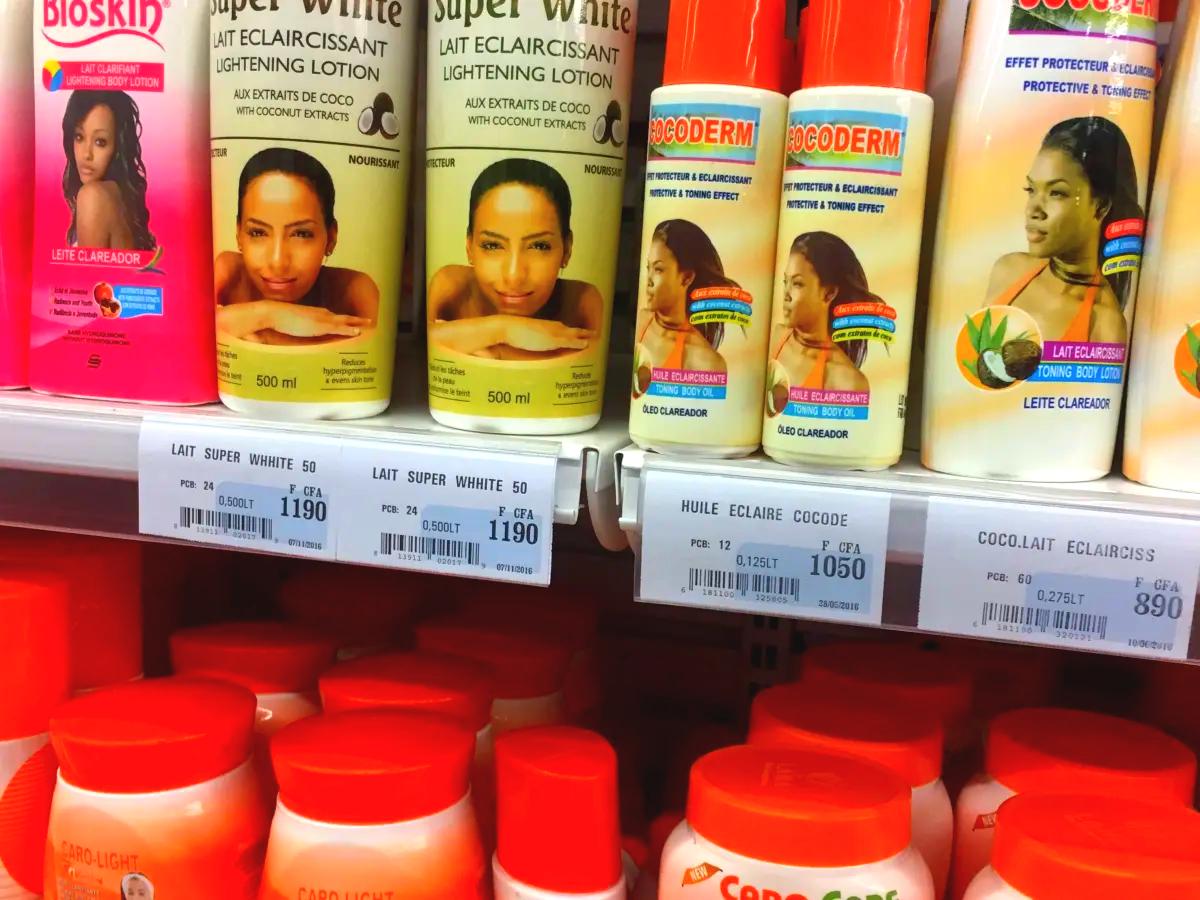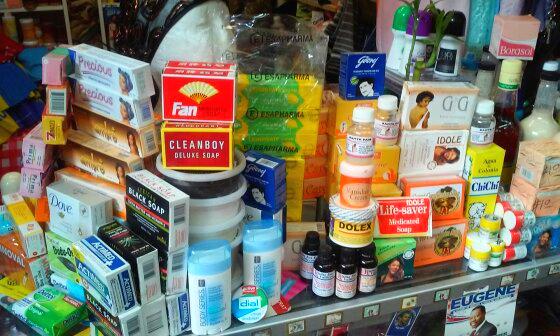
2 minute read
CosmeticsIndustry ExperiencingA BoomIn TheAfrican Market
COSMETICSINDUSTRY EXPERIENCING A BOOM IN THE AFRICAN MARKET
The fast-paced development of the African market has attracted leading beauty companies, making the demand and supply of cosmetics grow at a frantic pace.
According to market research firm Euromonitor International, the beauty industry in the Middle East and Africa is estimated at $25.4 billion and will grow by 6.4 percent a year over the next four years. South Africa, the largest market in the Sub-Saharan region, represented over $6 billion in revenue in 2017. In Nigeria, the beauty and personal care market reached $3.2 billion in 2020, making Nigeria the sector's rising star in Sub-Saharan Africa.
It?s not a surprise that cosmetics are the fastest-selling items in Africa after food items - cosmetics have now become a very basic need to most people in Africa, including the poor. As a result of the trend on appearance enhancement and social media, both the poor and the rich are patronizing bleaching and skin enhancement cosmetics products. Cosmetics products have become vital to boosting most African women's self-esteem and determining how they? re perceived in the society.
A significant majority of Africans in the middle class are young and educated people, who are very aware of trends in grooming, fashion and western culture.
Their tastes and desires are driving the demand for consumer products, like beauty and skincare products, across the continent. In our society that promotes an ideal look, women experience a greater burden and pressure to look beautiful. This is the primary reason why skincare products and make-up are the largest and most assorted segment of the cosmetic market with several competing formulas, products and brands. The needs of different human skin handle the size and variety of products in the market, There are many local and international brands releasing new and more attractive products every year.
Unfortunately, the abuse of these skincare products is a cause for concern. The growing trend of using skin lightening or ?bleaching? products among young African women and men is also
feeding the frenzy of demand that has made the skincare category a multi-billion-dollar business. To fight the negative impact of bleaching products, innovative entrepreneurs like Ghana?s Grace Amey-Obeng have built very successful businesses, by providing products that help to treat and restore skin damaged by bleaching.
To curb the negative impact of cosmetics abuse, user safety measures are heeded. People are advised to read the entire label of a product, including the list of ingredients, warnings and tips on how to use the products safely before
making a purchase or using them.
Africa may be facing challenges from the beauty market. However, cosmetics is a promising area that will stimulate the continent's economy, if African entrepreneurs get involved in cosmetic production.











